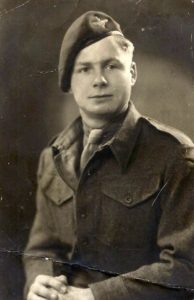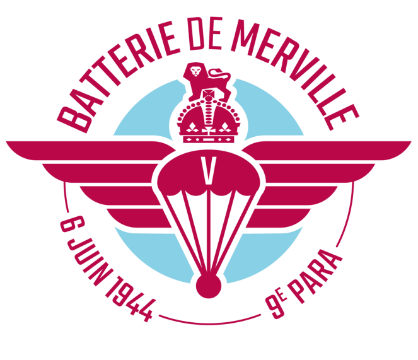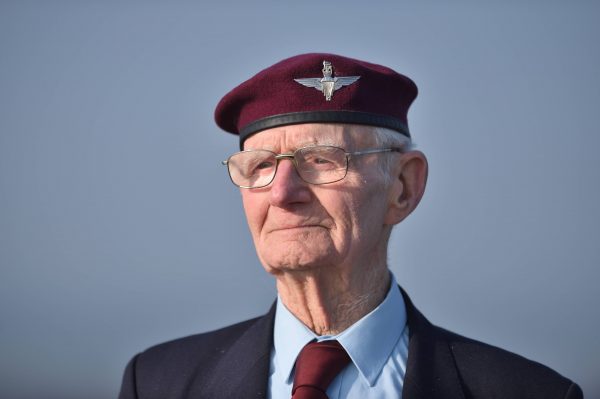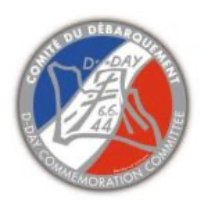Frederick Glover
23/11/1925 – 30/10/2020
Frederick Glover was born on November 23, 1925, enlisted in the 70th Battalion of the Royal East Kent Regiment during the Second World War and later volunteered for the airborne forces as a Lance Corporal. He was assigned to Company A of the 9th Parachute Battalion.
During the assault on the battery, he was part of the GB Force, named after its commander, Captain Gordon-Brown. This force consisted of 3 gliders and their mission was to land inside the battery while the rest of the battalion launched its attack on it.
As the glider began its descent, it was hit by German fire and Frederick was wounded in the legs. The Horsa glider fell into a ditch along the way. A shooting broke out immediately and cries in German were heard. They discovered that the enemy was moving to strengthen the battery and it was a certain satisfaction that although they had not actually landed inside the target, a useful contribution to the action had been made.
Wounded, it was decided that he would stay with two wounded Germans and wait for the arrival of troops from the beach.
One of the enemies was severely wounded and received morphine from Frederick Glover.
A British visiting doctor examined his wounds, and cries were heard, and a German patrol was coming towards them.
He only had time to disassemble his rifle, but had unfortunately forgotten his combat knife and a Gammon bomb. There seemed to be a rather hostile atmosphere to the fact that he always had weapons on him.
The tension subsided when one of the two German wounded mentioned how they had been treated with morphine given by Frederick Glover. As a result, the situation changed, smiles and handshakes appeared and Glover was placed on a stretcher and transported to various rescue stations until he reached the Pitié-Salpêtrière hospital in Paris. He’ll get out eventually. At the same time, he met in Paris Terry JEEP, a comrade of the 9th Battalion and they both attended the liberation of Paris by the 2nd Armored Division. He was then repatriated to England to a hospital and was able to return to Bulford camp, where he joined the rest of his battalion.
Shortly afterwards he returned to his battalion and took part in the Battle of the Ardennes and the crossing of the Rhine.









